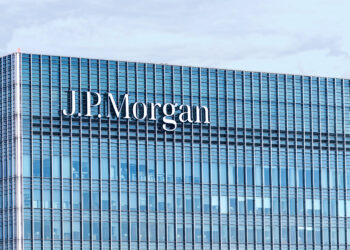M-Pesa Outage Leaves Customers Stranded (and Annoyed)
 M-Pesa, perhaps the world’s premier mobile payments service, has been suffering outages over the past several hours, and in case you had any doubt of the system’s importance in Kenya and around the world, the angry tweets emerging should convince you.
M-Pesa, perhaps the world’s premier mobile payments service, has been suffering outages over the past several hours, and in case you had any doubt of the system’s importance in Kenya and around the world, the angry tweets emerging should convince you.
Monthly active users of M-Pesa in Kenya and Tanzania numbered 17.6 million in April through September. Users made a total of 9.3 million transactions per month, and the ecosystem handled 3.2 trillion shillings, or $32 billion U.S., in six months.
It’s been a boon for mobile operator Safaricom, which owns the system, that so many users are in the M-Pesa ecosystem, but the thing about people and their money is that you shouldn’t get between them.
Hey @Safaricomltd #Mpesa disappoints when its much needed, Delays, Delays, Delays, what’s up?! You must be freaking kidding me- #MondayBlues
— Ryan Davis™ (@Ryaandavis) November 28, 2016
#mpesa the only reason I’m still @SafaricomLtd so u u better stop this delays…
— IG_@nishovinski (@nishovinski) November 28, 2016
#Mpesa
very high charges,✔
Very poor services,✔
Very long delays, ✔
Customers kunyeshewa,✔
??— gachau (@_gachau_) November 28, 2016
(Kunyeshawa is a Swahili word meaning “rained upon,” and probably has other, not-so-difficult-to-imagine meanings.)
It’s been busy times for the world’s favorite mobile payment service. M-Pesa is facing new competition from M-Visa (a product, of course, of Visa), and Facebook was falsely rumored to be interested in acquiring the service.
Narendra Modi, the prime minister of India, recently complimented M-Pesa as an alternative cash. Modi recently removed 86% of the cash in circulation in India to clamp down on tax-dodging economic activity. But with all the difficulties its’ been facing, which were reported as early as Saturday, M-Pesa may not be the droid he’s looking for.











